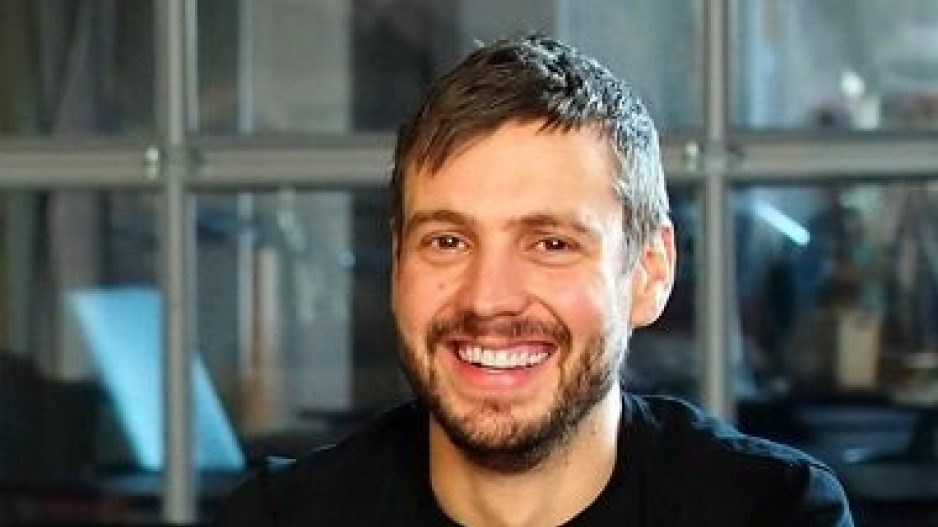OpenMedia uses social media to mobilize public on Internet and telecom issues
Business in Vancouver's "How I Did It" feature asks business leaders to explain in their own words how they achieved a business goal in the face of significant entrepreneurial challenges. This week, OpenMedia founder Steve Anderson explains how and why he decided to wage social media war against the powers that be on issues like use-based Internet billing and Ottawa's online spying bill.
"I have a background in online video production. I heard about the issue of net neutrality in the U.S. I heard there could be new restrictions on the Internet and that that was happening in Canada as well.
"I decided to use my skills as a video maker to see if I could help stop it. I got involved with a group called Freepress.net in the U.S., and I made a video about the issue. I put it on YouTube, and it went viral. It got about 500,000 views. Basically, we succeeded in pushing back the restrictions on the Internet [in the U.S.]
"I realized that I didn't know a lot about how this stuff works in Canada, and I didn't know of any groups that were working on it. I took my master's in communications at Simon Fraser University and met academics working in this area, and we decided that we needed some sort of organization to safeguard the Internet in Canada. That's when we started OpenMedia. We started a campaign called SaveOurNet. We built a coalition of organizations around safeguarding the open Internet. We've subsequently taken on several issues, including metered Internet, online spying and copyright [issues] as well.
"Basically, we stopped the telephone companies from imposing metered billing on the Canadian Internet. It looked like they were, for sure, going to win that. At the end of the day, the CRTC [Canadian Radio-television and Telecommunications Commission], and the prime minister and the industry minister, Tony Clement, all came out on our side, and before they were on the other side. That was a clear win.
"[The Stephen Harper] government wanted to put online spying in an omnibus crime bill. I think it's because of us educating people and getting involved that they didn't do that. Because of the huge outcry, they dropped it.
"When people are aware of these types of issues – where their privacy or access to Internet is under threat – they get upset and get vocal, and it's just a matter of getting them involved. A lot of our work is just outreach online.
"There are people who've made really professional online videos that we've used. For the Stop Online Spying campaign, we released two videos that were made by a volunteer, but they were amazingly professional. They're so good, that pretty much every major television network has used them in their coverage.
"We have three full-time employees, and we have a couple of people working part-time as well. Most of our funding comes from small, individual donations. We're an organization of a few people, but our power really is just that we collaborate with a huge network of people and organizations.
"Our approach is to engage a huge network of people and organizations and let them have ownership over the campaign. And when you give people that power, they run with it. There's also a larger pro-Internet movement around the world. We're certainly part of something bigger than us. •




